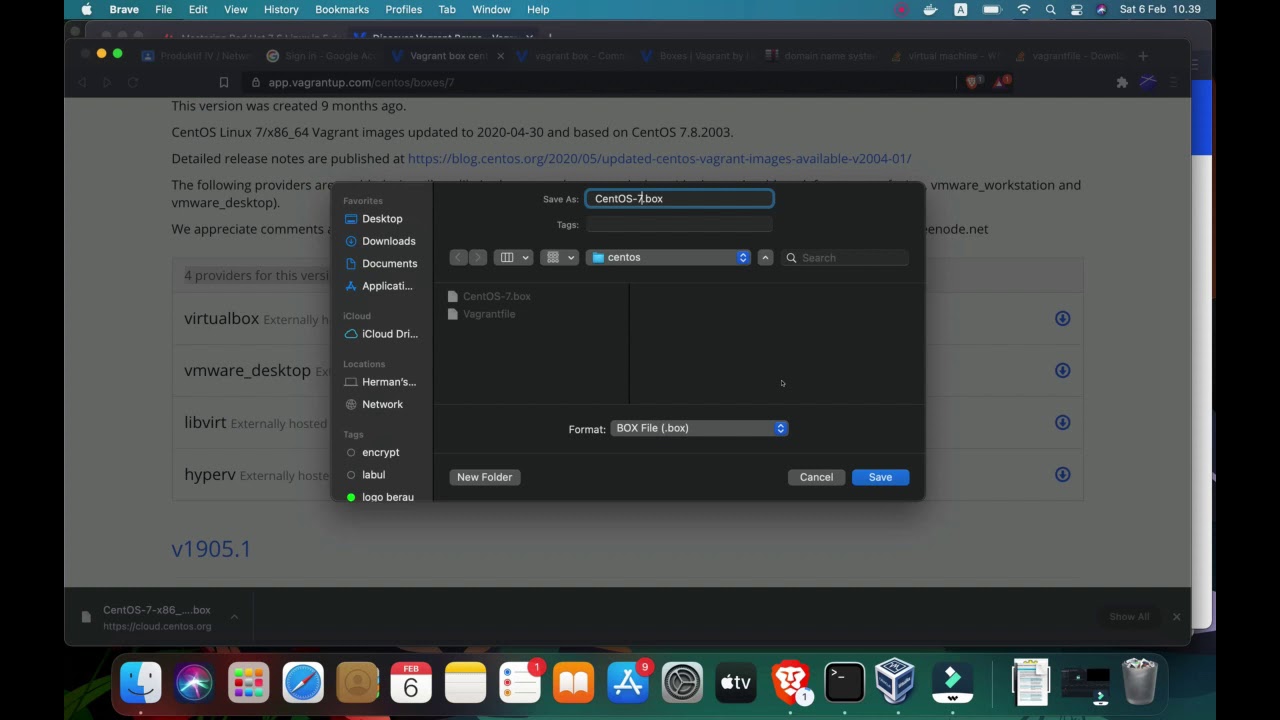
Sudo apt -y install apt-transport-https ca-certificates curl software-properties-common Install repository addition dependencies: sudo apt update The other method of installing Vagrant on Debian and its derivatives is from an apt repository.
Install KVM on CentOS / Ubuntu / Debian / SLES / Arch Linux Install Vagrant on Ubuntu 22.04|20.04|18.04.  How to install the latest VirtualBox on Ubuntu / Debian. Install latest VirtualBox on Kali Linux Rolling. Retrying.ĭefault: Warning: Authentication failure. Retrying.ĭefault: Warning: Remote connection disconnect. This may take a few minutes.ĭefault: Warning: Connection reset. => default: Running 'pre-boot' VM customizations. => default: Preparing network interfaces based on configuration.ĭefault: 22 (guest) => 2222 (host) (adapter 1) => default: Clearing any previously set network interfaces. => default: Checking if box 'ubuntu/bionic64' is up to date. => default: Matching MAC address for NAT networking. => default: Importing base box 'ubuntu/bionic64'. I am aware that the user can be changed once ssh'd into the vm as vagrant user, but I'd like that to be done automatically, as is the case when using ubuntu/xenial64 version 20171011.0.0 with default configuration.īringing machine 'default' up with 'virtualbox' provider. I have also tried adding this line _key = 'true' To get a Vagrantfile like this: # -*- mode: ruby -*-Īnd running vagrant up, I'm getting the authentication error message: default: Warning: Authentication failure. When doing vagrant up and vagrant ssh, I am logged in as vagrant user. nfigure(VAGRANTFILE_API_VERSION) do |config|Ĭonfig.vm.network :private_network, ip: "192.168.24.25"
How to install the latest VirtualBox on Ubuntu / Debian. Install latest VirtualBox on Kali Linux Rolling. Retrying.ĭefault: Warning: Authentication failure. Retrying.ĭefault: Warning: Remote connection disconnect. This may take a few minutes.ĭefault: Warning: Connection reset. => default: Running 'pre-boot' VM customizations. => default: Preparing network interfaces based on configuration.ĭefault: 22 (guest) => 2222 (host) (adapter 1) => default: Clearing any previously set network interfaces. => default: Checking if box 'ubuntu/bionic64' is up to date. => default: Matching MAC address for NAT networking. => default: Importing base box 'ubuntu/bionic64'. I am aware that the user can be changed once ssh'd into the vm as vagrant user, but I'd like that to be done automatically, as is the case when using ubuntu/xenial64 version 20171011.0.0 with default configuration.īringing machine 'default' up with 'virtualbox' provider. I have also tried adding this line _key = 'true' To get a Vagrantfile like this: # -*- mode: ruby -*-Īnd running vagrant up, I'm getting the authentication error message: default: Warning: Authentication failure. When doing vagrant up and vagrant ssh, I am logged in as vagrant user. nfigure(VAGRANTFILE_API_VERSION) do |config|Ĭonfig.vm.network :private_network, ip: "192.168.24.25" 
I am trying to ssh as ubuntu user on ubuntu/bionic64 box version 20181024.0.0, using this Vagrant file: # -*- mode: ruby -*.






 0 kommentar(er)
0 kommentar(er)
